Award winning dermatology service, with over 20 years on experience
Short waiting lists, on some occasions offering same week appointments
Safe environment, in Care Quality Commission approved facilities
Basal Cell Carcinoma Treatments Include:
BASAL CELL CARCINOMA TREATMENT IN CHEADLE, MANCHESTER
Basal Cell Carcinoma (BCC) or ‘rodent ulcer’ is a non-melanoma skin cancer that starts in the cells lining the bottom of the epidermis (upper skin layer). It’s the most common type of skin cancer, with more than 75% of skin cancers diagnosed as Basal Cell Carcinoma.
This type of cancer usually presents itself in patients with fair skin, light eyes and hair colour and those with a history of childhood burn. There are many more groups of patients who are prone to this condition. This includes patients with Gorlin syndrome or those with a suppressed immune system.
As with many skin cancers, the most common cause is overexposure to ultraviolet (UV) light from the sun, or from sun beds and sun lamps. Other risk factors include
- Previous non-melanoma skin cancer
- A family history of skin cancer
- Pale skin that burns easily
- Having blonde or red hair
- A large number of moles or freckles
- Medications that suppress the immune system
- Co-existing medical conditions that suppress the immune system.
- Exposure to certain chemicals, such as arsenic
WHAT ARE THE SYMPTOMS OF BASAL CELL CARCINOMA?
Basal Cell Carcinoma usually grows quite slowly and often isn’t visible for many years. Whilst it’s possible to get Basal Cell Carcinoma at a young age, the risk increases with age due to the cumulative sun exposure over the years. Basal Cell Carcinoma is most commonly found on the face, however; they can appear on any part of the body.
Basal cell carcinomas can appear anywhere on the body, but most commonly found on areas of the body which are more frequently exposed to sunlight, including the face, head, neck and ears. There are several variants of basal cell carcinoma and in all cases, the lump may slowly get bigger, become crusty, bleed or develop into a painless ulcer:
- Superficial basal cell carcinomas appear as a red, scaly plaque and might resemble psoriasis or eczema
- Nodular basal cell carcinomas appear as a slightly shiny, pink or pearly-white translucent nodule which may ulcerate centrally and have blood vessels visible on their surface.
- Infiltrative (or morphoeic) basal cell carcinomas are less well-defined plaques and can be difficult to identify.
CAN BASAL CELL CARCINOMA SPREAD TO OTHER ORGANS?
When you hear the ‘Cancer’ word, it’s completely natural to feel worried, but please keep in mind that when caught early, Basal Cell Carcinoma can be rather straightforward to treat. This type of cancer is unlikely to spread from your skin to other parts of your body. However, it can move into bones nearby especially if neglected for many years. It is really important that if you suspect you have Basal Cell Carcinoma that you get it checked by a doctor.
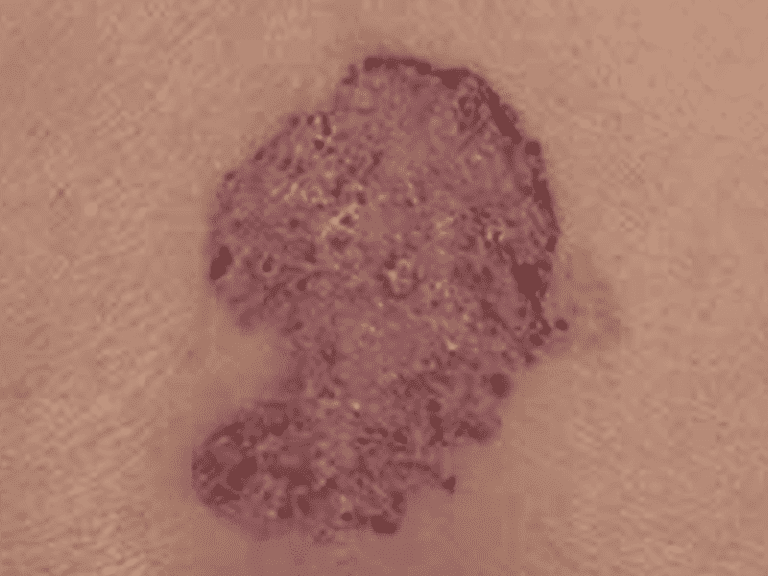
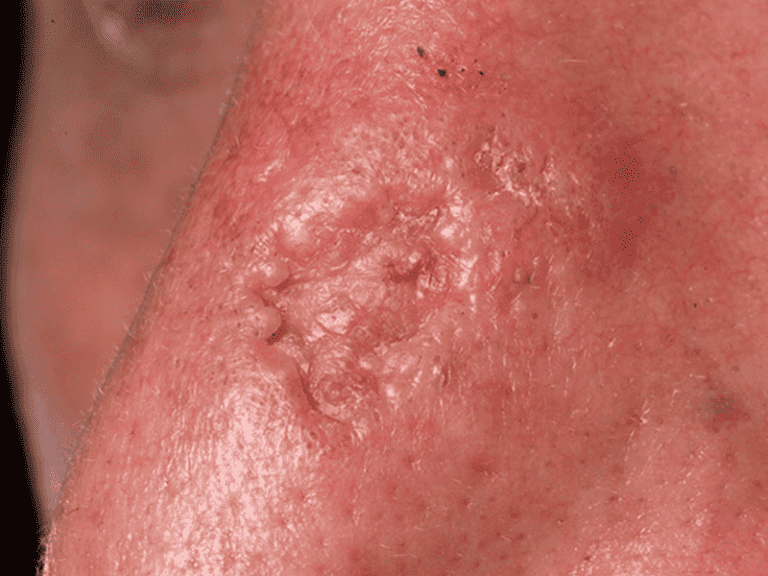
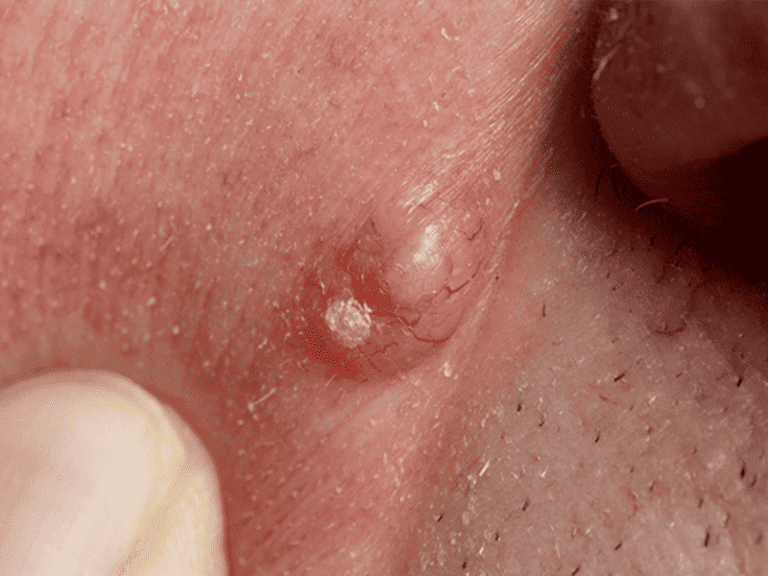
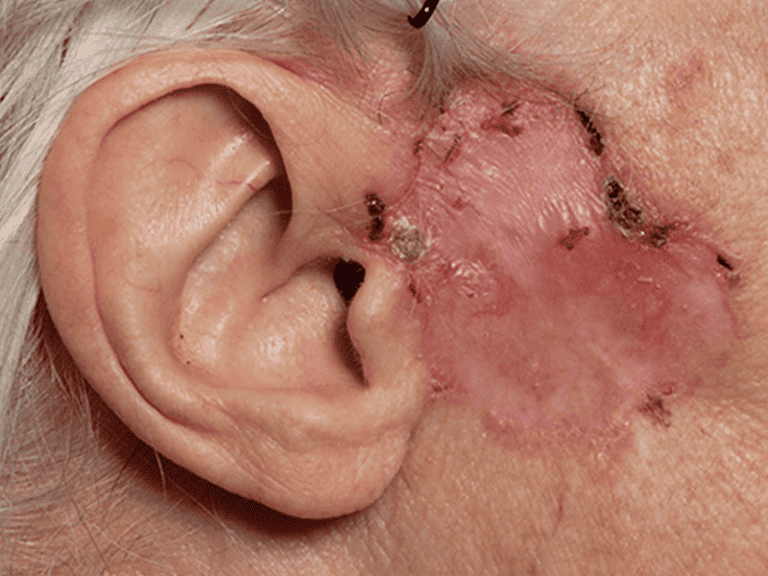
HOW CAN BASAL CELL CARCINOMA BE PREVENTED?
You can lower your chances of developing basal cell carcinoma by reducing your exposure to UV light, both in the form of sunlight and sunbeds. When out in the sun, it is important to protect the skin from sunburn by using a high factor sun cream, avoiding the sun during the hottest part of the day and covering the skin when exposed to sunlight. The earlier basal cell carcinoma is diagnosed and treated, the less likely you are to be left with scarring so checking your skin regularly for signs of skin cancer is really important. If you notice anything on your skin you are worried about, see a consultant dermatologist who will assess your lesion and can carry out treatment if required.
basal cell carcinoma treatment uk
Superficial basal cell carcinomas can be treated readily with freezing spray, creams or photodynamic therapy. Nodular and infiltrative BCCs are treated by either surgical excision or radiotherapy. Our consultants offer diagnosis and treatment to patients with basal cell carcinoma. Remember that the earlier your basal cell carcinoma is diagnosed and treated, the less the cosmetic disfigurement and the less chance of recurrence or spread.
FREQUENTLY ASKED QUESTIONS
IS SKIN CANCER HEREDITARY?
Skin cancer is not hereditary in the sense that it is passed down through a gene. However, skin type does run in families so those more likely to develop skin cancer are often in the same family.
AM I LIKELY TO GET BCC AGAIN AFTER IT HAS BEEN REMOVED?
If you’ve had a BCC in the past, there’s a chance the condition may return.
The chance of non-melanoma skin cancer returning is increased if your previous cancer was large in size and high grade (severe). It’s also important to be aware that if you’ve had a BCC, your risk of developing another one in the future is increased because these cancers are often multiple. This means it’s important to regularly examine your skin to check for new tumours.
WHO IS MOST AT RISK OF GETTING SKIN CANCER?
Men are more likely than women to develop skin cancer and it is more common in the elderly.
WHAT FACTOR SUNSCREEN SHOULD I USE?
It is recommended to use a high factor of sunscreen no matter your skin type. SPF30 with a 4-star UVA rating during the summer is recommended for those with paler skin to stop burning but also to help prevent wrinkles and sunspots in those who don’t burn as easily.
DO SUNBEDS CAUSE SKIN CANCER?
Research shows sun beds are a significant risk factor in skin cancer.
HOW CAN I PREVENT SKIN CANCER?
Protecting your skin is, of course, always the best course of action. The easiest ways you can do this include:
· Wearing a waterproof, high level of SPF protection when in the sun
· Use a daily moisturiser with SPF protection
· Avoid the sun when it is at its strongest during the day
· Wear a hat when in the sun
· Sit in the shade
HOW DANGEROUS ARE BASAL CELL CARCINOMAS?
BCC’s rarely spread beyond their original tumour site, however if left to grow they can be disfiguring, grow wide and deep into the skin and destroy skin, tissue and bone.
CAN BASAL CELL CARCINOMA TURN INTO ANOTHER FORM OF SKIN CANCER, SUCH AS MELANOMA?
No, each skin cancer is separate and distinct and basal cell carcinoma does not progress into melanoma skin cancer.
REQUEST A CALL BACK
Please fill in this form and one of our team will give you a call back to arrange a consultation with one of our expert dermatologists.
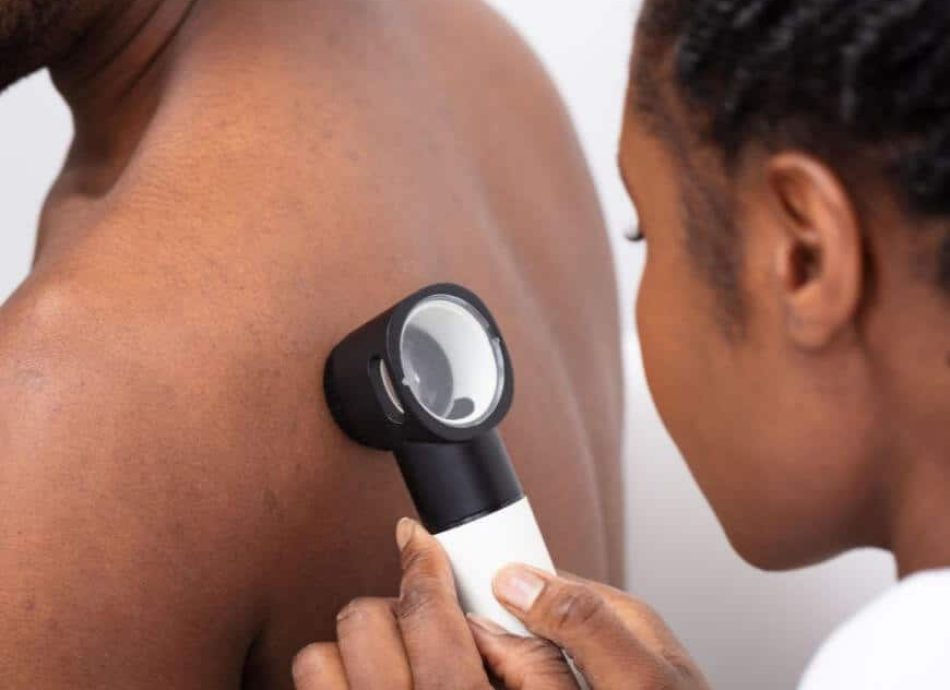
HEAR FROM OUR PATIENTS
WHY CHOOSE basal cell carcinoma treatment IN THE uk FROM EVERYTHING SKIN CLINIC?
At Everything Skin Clinic™, we have a team of highly trained Consultant dermatologists, who have completed specialist training in Dermatology and are on the specialist register of the General Medical Council. All our consultants hold substantive contracts with the best Dermatology centres in leading NHS hospitals. Therefore, you can be certain of the highest quality private care.
We offer a range of treatments and can offer one, or a combination of treatments to achieve the best results. Unlike many other clinics, we can offer diagnosis and treatment all under one roof by expert consultant dermatologist, so you know you’ll be in safe hands.
skin cancer INSIGHTS AND ADVICE

Comprehensive Autumn Skin Care Guide
Autumn, with all its glorious colours, also brings a few challenges for our skin. As the air gets cooler and the leaves change colour, keeping your skin glowing and healthy during the transition from summer can feel a bit tricky. But don’t fret – this
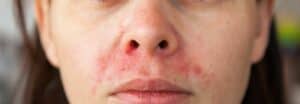
Eczema Awareness Month – Your Eczema Guide
October serves as Eczema Awareness Month. For those of you dealing with eczema, you’ll know the challenge of managing this skin condition all too well. Our commitment throughout October and always, is to enlighten, support and empower you by sharing invaluable insights about its origin,

Demystifying Varicose Veins: Identifying, Controlling And Avoiding
Varicose Disease Awareness Month is dedicated to raising awareness about a common yet often overlooked condition affecting millions worldwide —varicose veins. Throughout September, we aim to shed light on the importance of early detection, treatment options and lifestyle adjustments to manage varicose veins effectively. By
